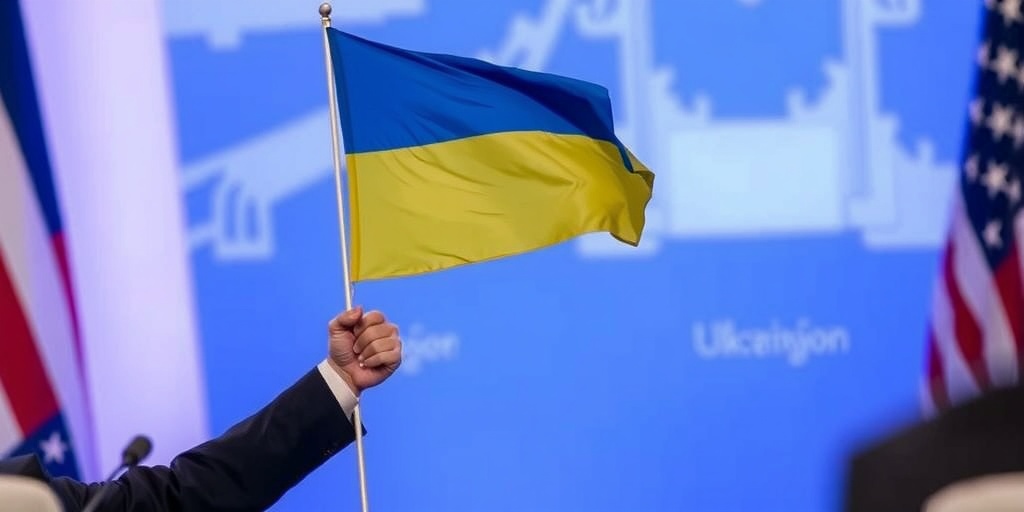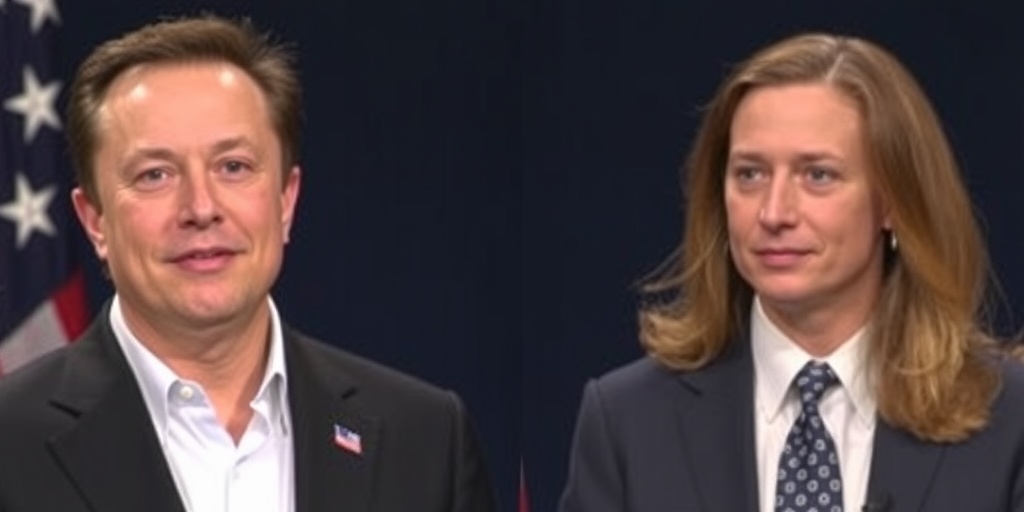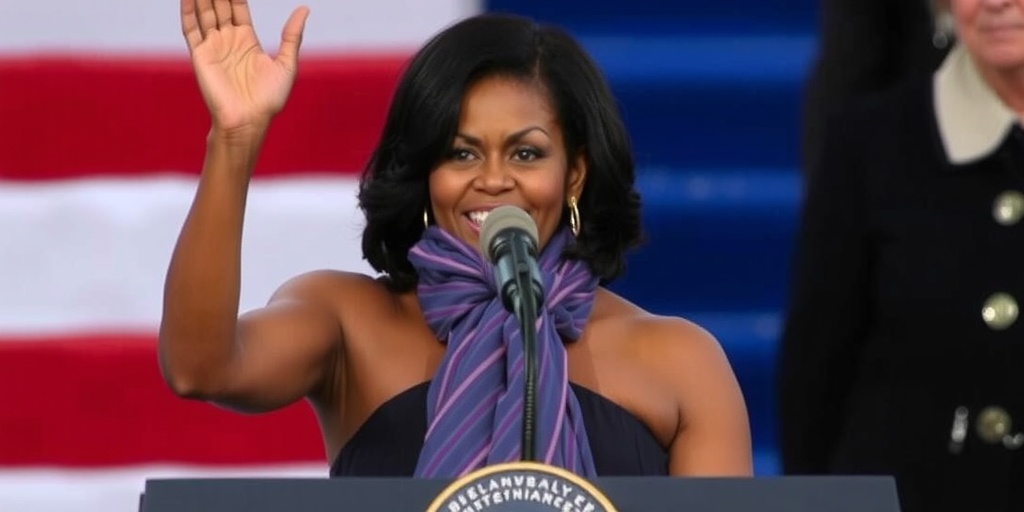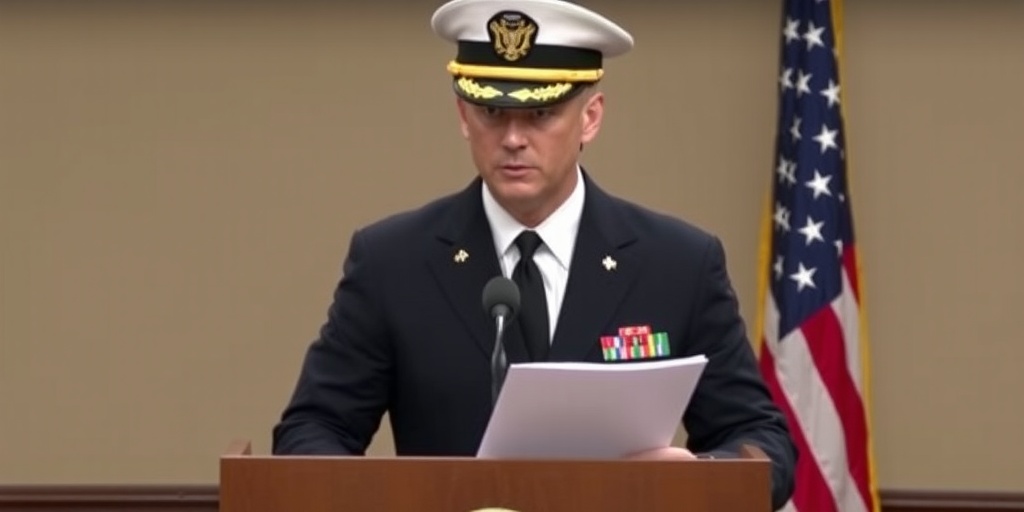Now Reading: Ukraine Offers Quick Mineral Deal as Trump Excludes Kyiv from Peace Talks
-
01
Ukraine Offers Quick Mineral Deal as Trump Excludes Kyiv from Peace Talks
Ukraine Offers Quick Mineral Deal as Trump Excludes Kyiv from Peace Talks

U.S. Advances Negotiations with Ukraine Over Valuable Mineral Rights Amid Tensions
On Friday, the Trump administration appeared to be advancing towards a potentially significant agreement that could grant the United States valuable mineral rights in Ukraine. This development follows a tumultuous week where President Trump ramped up pressure on Ukraine, initially facing resistance regarding the proposed deal. The situation intensified as Mr. Trump openly criticized Ukraine while hinting at a willingness to align with Russia to facilitate a resolution to the ongoing conflict.
During a briefing at the White House, President Trump expressed optimism about nearing a deal that could yield up to $500 billion for the U.S. economy. "We’re signing an agreement, hopefully in the next fairly short period of time," he announced, suggesting a likely commitment from Ukraine to cooperate in this venture.
Simultaneously, Ukrainian President Volodymyr Zelensky confirmed that his government was diligently working on a draft agreement to quell the rising tensions with the Trump administration, indicating a shift towards a more collaborative stance. "This agreement can add value to our relations – what matters most is getting the details right to ensure it truly works," Mr. Zelensky stated in a social media post.
The easing of tensions underscores the transactional and mercantilist approach that President Trump has adopted in addressing the crisis, which began when Russia invaded Ukraine three years prior. His administration has been accused of mounting pressure on Ukraine, suggesting that U.S. support may wane should Kyiv fail to meet American demands.
In a radio interview with Fox News host Brian Kilmeade, Mr. Trump expressed frustration over the narrative placing blame squarely on Russia for the conflict. "Every time I say, ‘Oh, it’s not Russia’s fault,’ I always get slammed by the fake news," he explained, attributing the problems to President Zelensky and former President Biden.
The negotiations now on the table seem to center around the extraction of rare earth minerals and other valuable resources from Ukraine, which Mr. Trump emphasized was paramount for any U.S. support. "Who knows what rare earth is worth, you know, but at least it’s something," he remarked, implying a focus on tangible assets in the negotiations.
Despite mounting U.S. pressure, Ukraine has been proactive in enhancing its negotiating position. Recent engagements included intensive diplomatic overtures to European and Canadian leaders to solidify support amidst ongoing discussions with the U.S. The war-torn country has only engaged in limited direct talks with Russia since April 2022, primarily focused on issues like prisoner exchanges and the return of Ukrainian children.
Initially, the idea of trading natural resources for U.S. assistance came from Ukraine. However, President Zelensky had previously hesitated when faced with U.S. proposals demanding access to 50 percent of Ukraine’s minerals and energy profits, alongside insufficient security assurances. Reports have emerged of a revised agreement addressing Zelensky’s concerns, prompting some Ukrainian officials to recommend signing the new deal.
Meanwhile, Keith Kellogg, a retired lieutenant general serving as Mr. Trump’s envoy to Ukraine, offered praise for President Zelensky during his visit to Kyiv, signaling a productive dialogue about restoring stability in negotiations. Following discussions, Mr. Zelensky publicly expressed his hope for an agreement that could strengthen U.S.-Ukraine relations while underscoring the need to work out the finer details.
However, tensions continued as Trump publicly questioned Zelensky’s moral integrity, suggesting without evidence that Ukrainian leadership initiated the war with Russia. Zelensky countered by labeling Trump as entangled in misinformation, indicating the depth of their discord.
In a bid to further pressure Ukraine, U.S. National Security Adviser Mike Waltz characterized the Ukrainian leadership as needing to adapt their approach and urged them to finalize the agreement. Furthermore, Secretary of State Marco Rubio revealed ongoing discussions where Zelensky had allegedly agreed to the deal, only to rescind his commitment shortly thereafter.
Despite these pressures, President Zelensky maintained an optimistic outlook on the discussions, affirming his government’s commitment to securing a durable agreement with the U.S. His recent meetings with five European leaders, including discussions of forming a European peacekeeping force, highlight Ukraine’s strategic maneuvers to bolster its position while navigating the complex dynamics of international diplomacy.
As the situation develops, the outcomes of these negotiations may have significant implications not only for U.S.-Ukraine relations but also for the broader European security landscape as it continues to face challenges posed by Russian aggression. With Zelensky poised to refocus on securing enduring agreements, the geopolitical chess game between the U.S., Ukraine, and Russia is far from over, and the coming weeks will be crucial in determining the path forward.
Stay Informed With the Latest & Most Important News
Previous Post
Next Post
Previous Post
Next Post
-
 01New technology breakthrough has everyone talking right now
01New technology breakthrough has everyone talking right now -
 02Unbelievable life hack everyone needs to try today
02Unbelievable life hack everyone needs to try today -
 03Fascinating discovery found buried deep beneath the ocean
03Fascinating discovery found buried deep beneath the ocean -
 04Man invents genius device that solves everyday problems
04Man invents genius device that solves everyday problems -
 05Shocking discovery that changes what we know forever
05Shocking discovery that changes what we know forever -
 06Internet goes wild over celebrity’s unexpected fashion choice
06Internet goes wild over celebrity’s unexpected fashion choice -
 07Rare animal sighting stuns scientists and wildlife lovers
07Rare animal sighting stuns scientists and wildlife lovers





















